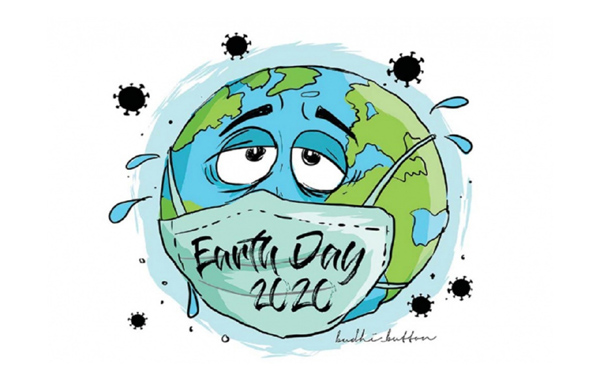
In the runup to Earth Day a leading bank in Africa convened some of the world’s most provocative if controversial financiers to foretell Earth’s future.
ABSA may not have the assets or power of Deutsche or CitiGroup but it has the unique advantage of being untied to the world’s toughest institutions like The Fed, Exxon or the Trump Family. Unfettered from a world economy that is about to massively change, ABSA’s Daniel Mminele is probably a better convention organizer for the view of a future world economy than Jamie Dimon.
Which is the reason that ABSA teamed up with the “Group of 30” for the conference. This prestigious group of professional and academic economists is probably the most progressive on earth, including Paul Krugman and Larry Sommers, and before she became our first woman Secretary of the Treasury, Janet Yellen.
Hosted by Africans concerned that the race to “Net Zero” will not just leave Africa behind but will leave Africa worse off, the hottest topic was the need for a transition period from fossil fuels that is longer and broader than currently being pushed by the developed world.
This will surprise many in the world who tend to lump African intelligentsia in the same pot as AOC. But as the conference keynoter, Vera Songwe, explained the deep poverty of Africa demands day-to-day energy solutions, not future ones.
Songwe is an UN under-secretary general and Executive Secretary of the Economic Commission for Africa: “For the young girl in …Africa, where some 600m people still live without electricity, providing access to any source of power will take priority whether the source is green or not.”
Africa has 17 per cent of the world’s population but produces less than 4% of global emissions, so Songwe concludes that “carbon-cutting goals have limited relevance, with most African nations focused instead on creating jobs and economic growth.”
There was a lot more discussed but I think this first and foremost topic among Africa’s most progressive financial thinkers shows you what a contrast exists between the developed world and the committed climate change reformers of the sort currently steering the Biden administration.
The lead speaker, Mark Carney, basically ignored Songwe altogether, reciting a litany of net-zero goals that contemplated a world without any fossil fuels by 2050. Carney, who served both as governor of the Bank of England and the Bank of Canada, however is no flinty idealist.
In a report for the Group of 30 that he co-authored with Yellen outlining the road to Net-Zero, Carney says without saying that capitalist economies will have to become less so, and that centrally controlled capitalists economies like China will have to relinquish some of their control to international organizations like the IMF.
This ain’t singing Dixie, but it nevertheless sidelined Songwe. Imagine the gall and risk-taking associated with a group of basically similar minded individuals to ignore each other’s main points:
Africa says it needs fossil fuels until its poverty is gone. Africa can’t have fossil fuels if the West doesn’t finance their exploration and development. The West says there’s no option: no fossil fuels by 2050.
The very controversial Ivorian financial genius who – after being forced to step down as CEO of Credit Suisse in February 2020 – was appointed by the cabinet of Rwanda to head the board of Rwanda Finance Limited, saw a simple solution.
Eliminate poverty.
So that’s where we’re at folks on the progressive side of things. A year ago I would have dismissed this conference as beyond the fringe. It’s not any more and that alone gives reason to celebrate.
Eliminate poverty?